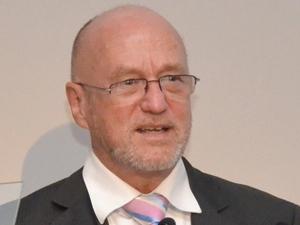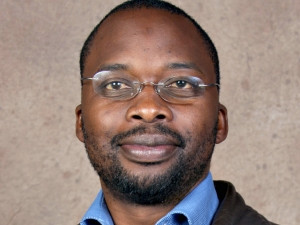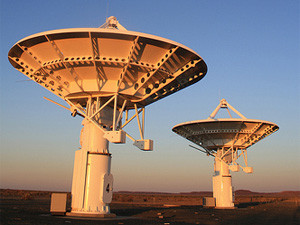
While the Department of Science and Technology (DST) stagnated in audit outcomes in comparison to last year's auditor-general (AG) report, the department showed improvement in a number of key controls, resulting in it achieving 71% of its targets, says the AG.
According to the 2012/13 AG's report, the DST's key controls around leadership and financial performance management have improved, due to proper monitoring and evaluation of key controls by management.
In addition, the department showed an underspending of only 0.53% and will be given an 'A' on its report card by Democratic Alliance (DA) shadow minister of science and technology Dr Junita Kloppers-Lourens.
The science and technology portfolio comprises the DST, including the African Institute of SA, Human Sciences Research Council, National Research Foundation, Council of Scientific and Industrial Research (CSIR), the Technology Innovation Agency (TIA), the South African National Space Agency, and the Academy of Science for SA.
Much of the department's success this year can be attributed to minister Derek Hanekom. According to Kloppers-Lourens, Hanekom has an open approach to leadership and is always willing to answer questions when asked. "[The DST] is not a department that allows space for political games," she says. "Although this can happen here and there, it is certainly not the norm."
In July, a new face was introduced at the department, with Michael Masutha taking over as deputy minister. Masutha, who is a qualified advocate, has been an MP since 1999 and previously headed the Department of Public Service and Administration's Disability Rights Unit. He has been serving as a committee member and chairperson for various portfolio committees, including the Committee on Auditor-General and Committee on Constitutional Review.
At the time of Masutha's appointment, political analyst Mzoxolo Mpolase expressed reservations, saying his qualifications and experience are unsuited to his new position. However, it seems Masutha has not given the industry any reasons for doubt up until now.
Kloppers-Lourens says while Masutha has not been at the department long enough to allow for an in-depth opinion, she does not have any reason to believe that he is unsuited to his job at this stage. "The few times I spoke to him, I got the impression that he is open and committed and that he was a good appointment," she says.

The Square Kilometre Array (SKA) project contributed to a positive year for the DST, with much headway having been made with the project. The project took a major step closer to the start of construction on the world's largest telescope when the final design teams were announced in November.
Seven Ghanaians arrived in SA in October to begin training on the independent operation and maintenance of radio telescopes in Africa, a world first in training. The DST, in collaboration with SKA SA, invested heavily in education in 2013, including launching an e-schools initiative, establishing a knowledge community centre, and funding an undergrad astronomy workshop.
Challenges
Kloppers-Lourens notes that while the DST did not achieve all its targets, it generally had a justified reason for not doing so. "There are no serious concerns about targets not being met," she says.
She does, however, identify the poor performance of the TIA and the allegations surrounding the agency as a key concern that needs to be urgently addressed. The agency was the subject of a recent forensic probe after allegations relating to procurement, investments and staffing surfaced following an external review that was done earlier this year. Allegations against CEO Simphiwe Duma were also investigated, and he was placed on special leave for the duration of the probe. The investigation findings are yet to be revealed.

Another concern, according to Kloppers-Lourens, is inadequate interaction between the DST and educational departments, and sometimes insufficient interaction between the department's different entities. "The entities work in silos and communication is lacking, especially between the TIA and CSIR," she says.
According to the AG's report, commitments made by Hanekom to ensure IT controls are implemented, policies and procedures have been approved, and a CIO appointed, were fully implemented. The minister also committed to follow up on performance information findings for the department on an ongoing basis, as well as ensure the department and its entities comply with the National Treasury requirements of reporting on predetermined objectives.
The AG believes senior management should institute measures to monitor implementation of action plans and implement procedures to ensure regular financial and performance reports are maintained with reliable supporting documents.
Share